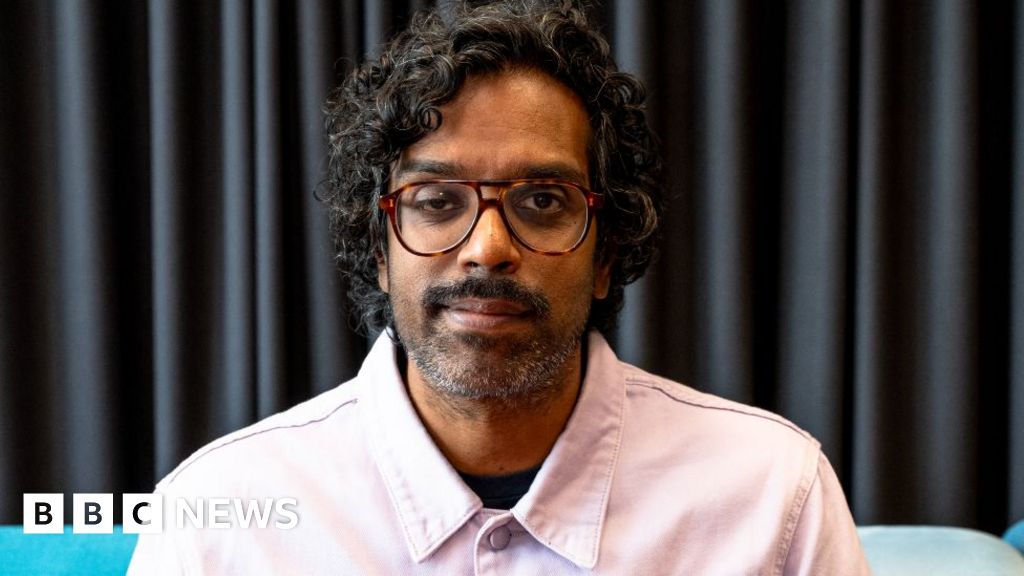Bitcoin & Longevity: Biohacker Bryan Johnson Explains the Surprising Connection

In a fascinating intersection of technology, finance, and personal well-being, biohacker and entrepreneur Bryan Johnson has drawn a surprising parallel between Bitcoin and human health. Known for his radical longevity pursuits, Johnson recently sparked a lively discussion on X (formerly Twitter) with a bold statement: "Bitcoin, we have a lot in common…"
Johnson, founder of Kernel, a company focused on reversing aging through neuroscience, didn't just make a casual comparison. He meticulously detailed how the core principles underpinning Bitcoin's design resonate with his personal goals for extending lifespan and maximizing healthspan. Let's delve into the specifics of this intriguing analogy.
Decentralization & Resilience
Johnson's first point revolves around decentralization. Bitcoin’s decentralized nature, distributed across a vast network of nodes, makes it incredibly resistant to single points of failure and censorship. Similarly, he argues, a robust and healthy human body isn't reliant on a single organ or system. Instead, it thrives on redundancy and diverse functionality. “Just like Bitcoin is resilient to attacks because it’s decentralized, our bodies are resilient to disease and injury because of their complexity and interconnectedness,” he explained.
Scarcity & Value
The limited supply of Bitcoin, capped at 21 million coins, is a key driver of its value. Johnson connects this to the finite nature of human lifespan. He suggests that recognizing the scarcity of time and health encourages individuals to prioritize longevity strategies and make choices that preserve their well-being. “Understanding that our time is finite, like Bitcoin’s supply, motivates us to invest in our health and extend our years of vitality,” he stated.
Proof-of-Work & Biological Processes
While perhaps the most abstract connection, Johnson draws a parallel between Bitcoin’s proof-of-work consensus mechanism and biological processes. Mining Bitcoin requires computational power, and this 'work' secures the network. Johnson posits that maintaining a healthy body also requires “work” – consistent effort in the form of diet, exercise, sleep, and mental well-being. He likens the body's constant repair and maintenance processes to the ongoing work required to keep the Bitcoin network functioning.
Implications for Longevity & Investment
Johnson's comparison isn't just a philosophical exercise. It highlights a shift in perspective – viewing health and longevity as assets that require strategic investment, much like Bitcoin. His approach, documented through his “Blueprint” program, involves rigorous data tracking, personalized interventions, and a constant optimization of biological parameters. By framing longevity as a valuable asset, Johnson aims to encourage proactive health management and a longer, healthier life.
The discussion sparked by Johnson’s post underscores the growing interest in longevity science and the potential for unconventional approaches to health optimization. Whether you’re a Bitcoin enthusiast or a health-conscious individual, Johnson's insights offer a fresh perspective on the interconnectedness of technology, finance, and the pursuit of a longer, more fulfilling life.





